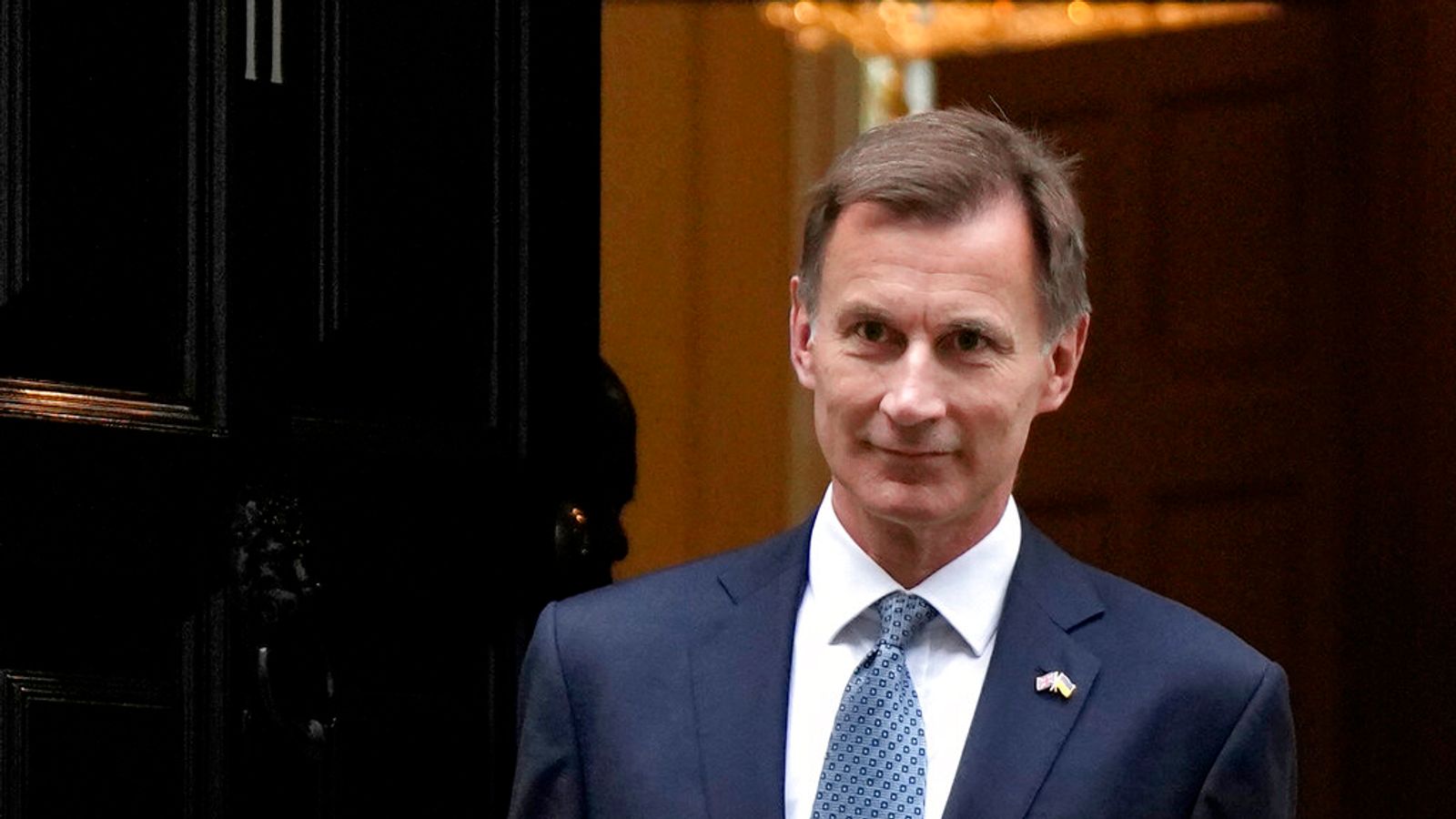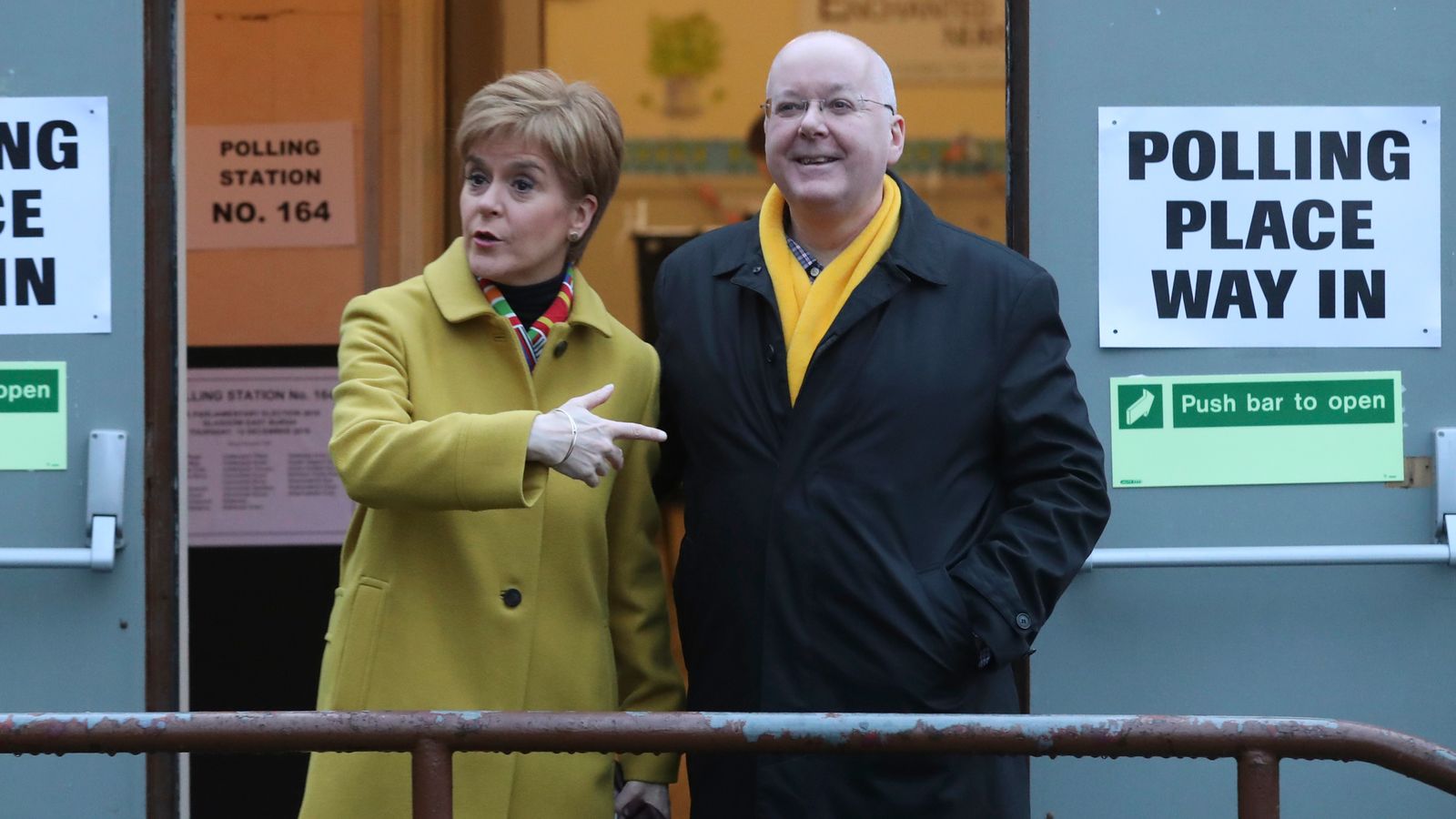Boris Johnson’s legislative programme outlined in the Queen’s Speech has been passed by MPs – despite some suggesting it should have contained more measures to help the poorest households amid the cost of living crisis.
The speech, which was read least week by the Prince of Wales, was passed by MPs in the Commons by 312 votes to 229, a majority of 83 votes.
MPs earlier voted down a Labour amendment calling for an emergency budget to “tackle the cost of living crisis” by the same number of votes.
The Queen missed the state opening of Parliament for the first time in almost 60 years as she continued to experience “episodic mobility problems”.
Politics hub: PM caught off-guard by question about sanction-busting private flight to Moscow
On Tuesday, Labour called on Chancellor Rishi Sunak to introduce a one-off windfall tax on oil and gas producers in an attempt to cut household energy bills
Sir Keir Starmer’s party forced a vote on an amendment which expressed regret that the policy was not included in the Queen’s Speech, but it was defeated by 310 votes to 248, a majority of 62 votes.
The chancellor told MPs he does not believe that windfall taxes are the solution to every problem, but added that if oil and gas giants do not invest their profits back into “growth, job and energy security” then the policy could be introduced.
During a debate on the possible introduction of a windfall tax, both Conservative former minister Robert Halfon and Tory chairman of the influential treasury select committee Mel Stride indicated their support for the policy.
Mr Halfon referred to oil company bosses as “the new oligarchs” with their “multi-million pound salaries” and “multi-million pound bonuses”.
“I would urge him [Mr Sunak] to consider both a windfall tax on the oil companies – which we can then use to cut taxes for the lower paid or cut energy bills – and also to introduce a pump watch monitor to make sure there is fair competition and consumers get a fair deal at the pumps,” he told the Commons.
Mr Stride added that he would also support a windfall tax as it is a “sensible measure” in the current economic climate.
“I do think the arguments that he (Ed Miliband) has put forward are generally sensible, and I’m very pleased in turn that my right honourable friend the chancellor has indicated that the door is at least partially open, albeit caveated on the investment performance of the companies concerned,” Mr Stride said.
Meanwhile, during the final day of debate on Wednesday, senior Conservative backbencher Sir Bernard Jenkin called on the government to bring forward a £13.5bn ‘summer package’ of support.
“We must all recognise the cost of living crisis – yes crisis,” he told MPs.
“A summer package to rescue the most vulnerable households is needed to avoid real financial distress and personal anguish and to support economic demand of the most vulnerable households, or we are creating possibly a worse recession than is already expected.”
Read more:
What is a windfall tax?
Can you really work your way through the inflation crisis?
Four simple changes to cut your energy bill
Sir Bernard added: “Like after the unforeseen COVID crisis, the Treasury must adapt to this unexpected war in Europe and accept this new global energy and economic crisis also requires a very substantial policy response.”
He also suggested the £20 uplift in Universal Credit “should immediately be restored”.
On Tuesday, Mr Sunak opened the day’s debate on the economy and dismissed criticism of the economic help being provided to households by the Treasury.
“To suggest there is no help available is both misleading and irresponsible,” he said.
Listen and subscribe to The Ian King Business Podcast here
Mr Sunak admitted that “the next few months are going to be difficult” for households because inflation is surging globally.
“There is no measure any government can take, any law we can pass, that can make those global forces disappear overnight,” he told MPs.
“No honest chancellor can stand here and say prices won’t rise further.”
The chancellor also told MPs he will act to cut costs for people but did not say when this will happen.
It comes as a new survey of 2,000 Britons found that rising bills have meant one in four people have resorted to skipping meals.
More than four in five are concerned about the rising cost of living in the coming months, according to the Ipsos poll conducted exclusively for Sky News.



